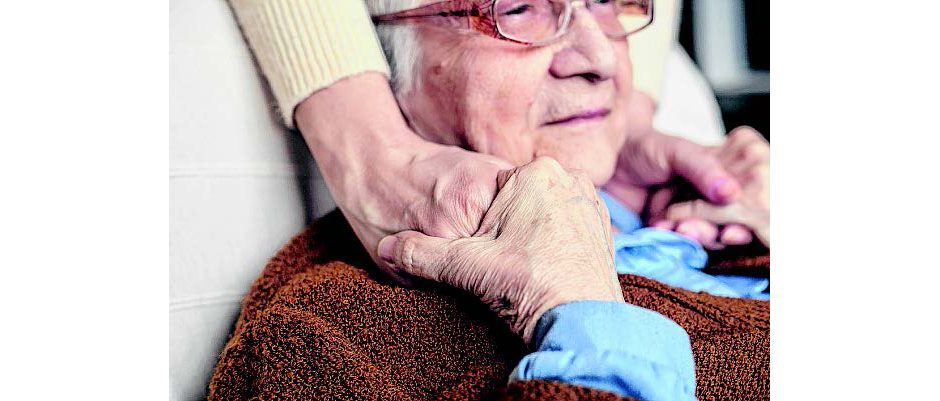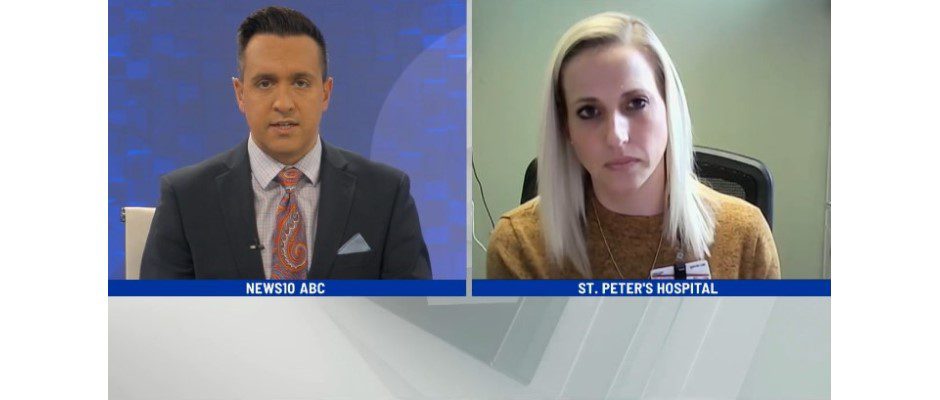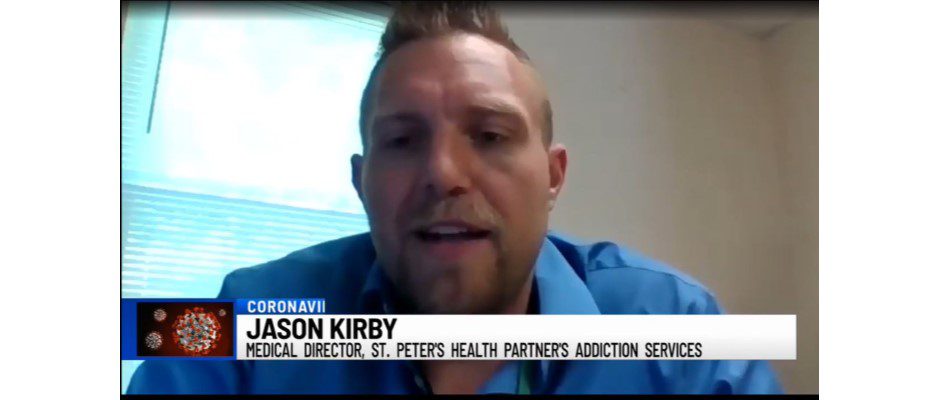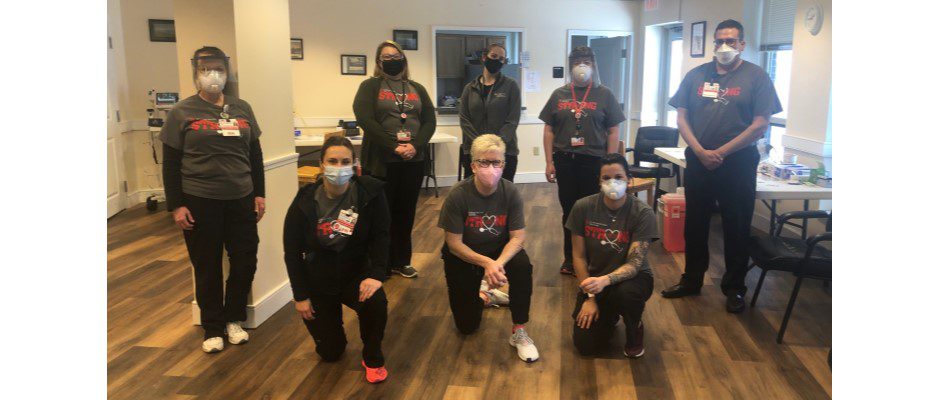
[This piece was written by Andrew Delollo, MA, grant manager for Eddy Alzheimer’s Services.]
The role of caregiver for a loved one is one most of us will take on at some point in our lives. While caregiving comes in many forms, one of the most common is caring for a loved one with Alzheimer’s or related dementias. In New York State alone, there are more than one million family caregivers providing daily support to a loved one with dementia.
This caregiving role can present a variety of challenges that many of us are often unprepared to handle. From managing constant memory loss, to being mindful of wandering and confusion, to dealing with paranoia and hallucinations, the job of caregiving for an individual with dementia creates a variety of emotional and physical stress on the caregiver. For many, this caregiver stress has only increased during the current COVID-19 pandemic.
Often caregivers are able to share the load of caregiving with family members, friends, neighbors, or even home care aides. However, that’s not the case for many during this pandemic. Family and friends are maintaining their distance to try and keep themselves and their loved ones safe, and many home care agencies have suspended services.
Along with that diminished support, caregivers are dealing with the anxiety and stress of trying to keep their loved one healthy and safe, knowing this virus disproportionately affects the elderly. Caregivers who previously were able to take a break from their role haven’t been able to do so in months. All of these factors create a perfect storm that can lead to caregiver burnout.
How best to avoid burnout? Start with these steps:
- If you’re caring for a loved one with Alzheimer’s disease or a related dementia, know that you’re not alone. Many are struggling, like you, to provide care during these uncertain times.
- It is crucial you set aside time to care for yourself. If your mental or physical health declines, you may not be able to continue to care for your loved one.
- Talk about your struggles with friends and family. Talking to other caregivers with similar situations via a caregiver support group can be exceptionally helpful.
- Don’t be afraid to ask for help. Often times we find that family and friends will step in to help if you simply ask.
- Learn about organizations in the community that provide free supportive services to caregivers in your situation. Check out the article below, featuring information on online and telephone support services in our area.
Eddy Alzheimer’s Services is one of those organizations that provides a variety of services at no cost to you to ensure you’re supported while caring for your loved one with Alzheimer’s disease or related dementias. To learn more about how we can help, please call 518-238-4164 or visit our website at www.sphp.com/alzcare.





